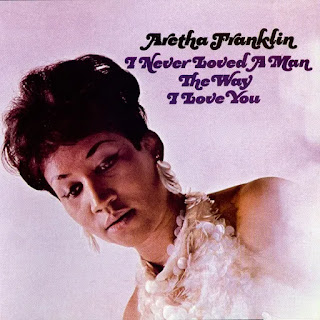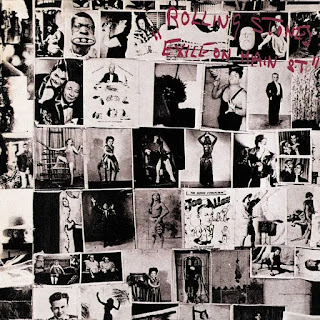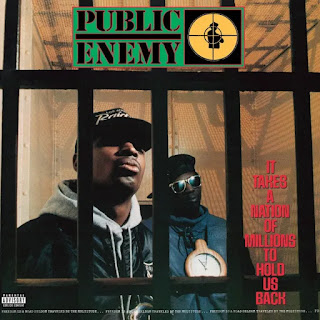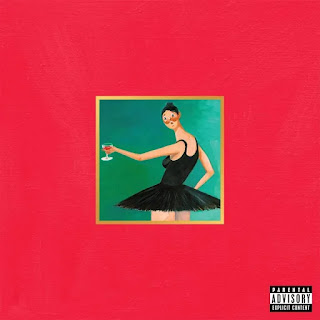11. The Beatles, "Revolver"

It's 1966 and the biggest band in the world is in flux. Three-quarters of the band have tried LSD and embraced it; only Paul McCartney has held out. They go into EMI Studios in London in April 1966 and over the course of a few weeks essentually rewrite pop music. For the first time, you don't have to be constrained by what you can reliably play live; now you are free to use the studio to create your sound and not worry about how it could sound on stage. Indeed, the first track recorded for this album was the last song on the record, "Tomorrow Never Knows," a feast of backwards-tracking, sitar drone, tape loops, and John Lennon's vocal recorded partly through a rotating Leslie speaker cabinet. It doesn't have any chord progression or rhyming vocals and it sounds like the dawn of something new and wild and slightly scary. There's a reason why Mad Men paid $250,000 to license this single song, for a scene in which Don Draper realizes the world is chan





